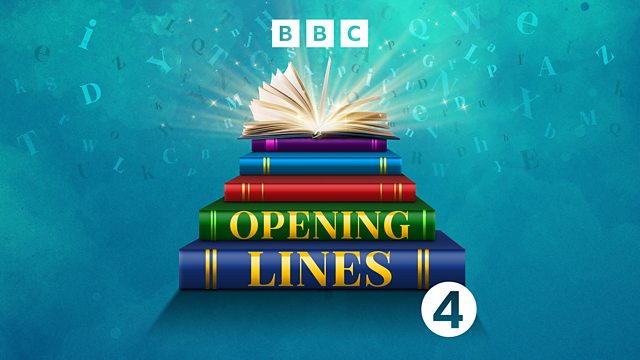Cloudstreet - Episode 2
The series that takes a look at books, plays and stories and asks how they work. John Yorke examines Tim Wintonβs prize-winning novel Cloudstreet.
John Yorke delves into Tim Wintonβs beloved novel, Cloudstreet, published in 1991.
Set in a suburb of Perth in Western Australia, the novel spans the period from the end of the Second World War until the mid 1960s and made the young Winton, who wrote the book in his 20s, both a literary and popular phenomenon in his own country. It tells the story of two large white working class families β the Pickles and the Lambs - who experience separate catastrophes, and end up moving to the city to share a great, breathing, ramshackle house, No.1 Cloudstreet.
The novel was, and still is, one of the most beloved and popular Australian novels ever written but, in this second episode about Cloudstreet, John Yorke explores some of the controversy that has arisen in more recent years.
Many of those who love and admire the book for its true and loving depiction of white working class life - warts and all - do now also have reservations about the sheer absence of well-rounded indigenous characters in the book. Aboriginal characters are depicted as βno nationβ and solely βnobleβ, never more than angels and ghosts. There is one recurring aboriginal figure in Cloudstreet who Winton has since described as being βthe conscience of the nationβ.
In this episode, we hear Winton himself remarking that the way he depicts aboriginality in the book was βnaΓ―veβ and that he has since learned much more about indigenous culture. One of Australiaβs most celebrated writers Kim Scott, who is the first indigenous writer to have won the prestigious Australian prize, the Miles Franklin award, shares his thoughts about Cloudstreet in this episode. He says "I do remember being struck by the (recurring) aboriginal character as a lamppost... and one can slam novelists for that, but I think itβs within the infrastructure of what literature and Australia allowed Tim, so perhaps itβs a tribute to him that here is an absence, hereβs something that (Winton is saying) I canβt articulate but needs to be in the mixβ.
John concludes that perhaps, in Cloudstreet , Tim Winton found a way - at a time when dialogues about the relationship between indigenous nations and white Australia were in their infancy - to show us how white Australians lived their lives alongside indigenous people but pretended they, and the underlying reality of pain and violence done to them, were invisible.
John Yorke has worked in television and radio for thirty years, and he shares his experience with Radio 4 listeners as he unpacks the themes and impact of the books, plays and stories that are being dramatized in ΒιΆΉΤΌΕΔ Radio 4βs Sunday/Saturday Drama series. From EastEnders to the Archers, Life on Mars to Shameless, he has been obsessed with telling big popular stories. He has spent years analysing not just how stories work but why they resonate with audiences around the globe and has brought together his experience in his bestselling book Into the Woods. As former Head of Channel Four Drama, Controller of ΒιΆΉΤΌΕΔ Drama Production and MD of Company Pictures, John has tested his theories during an extensive production career working on some of the worldβs most lucrative, widely viewed and critically acclaimed TV drama. As founder of the hugely successful ΒιΆΉΤΌΕΔ Writers Academy John has trained a generation of screenwriters - his students have had 17 green-
lights in the last two years alone.
Contributors: Lyn McCredden, Professor Emerita, Deakin University, Victoria, Australia
Kathryn Heyman, Australian novelist and writer
Kim Scott, author and Professor of Writing, Curtin University, Perth.
Excerpt of Tim Winton from ΒιΆΉΤΌΕΔ World Book Club, 6th July 2017
Cloudstreet by Tim Winton, 1991, Penguin Books, Australia.
Produced by Penny Boreham
Executive Producer: Caroline Raphael
Sound by Martyn Harries
Readings: James Frecheville
Researcher: Nina Semple
Production Manager: Sarah Wright
A Pier production for ΒιΆΉΤΌΕΔ Radio 4
Last on
More episodes
Broadcast
- Sun 18 Jun 2023 14:45ΒιΆΉΤΌΕΔ Radio 4 FM
Podcast
-
![]()
Opening Lines
John Yorke unpacks the themes behind the stories in Radio 4's weekend afternoon dramas.


